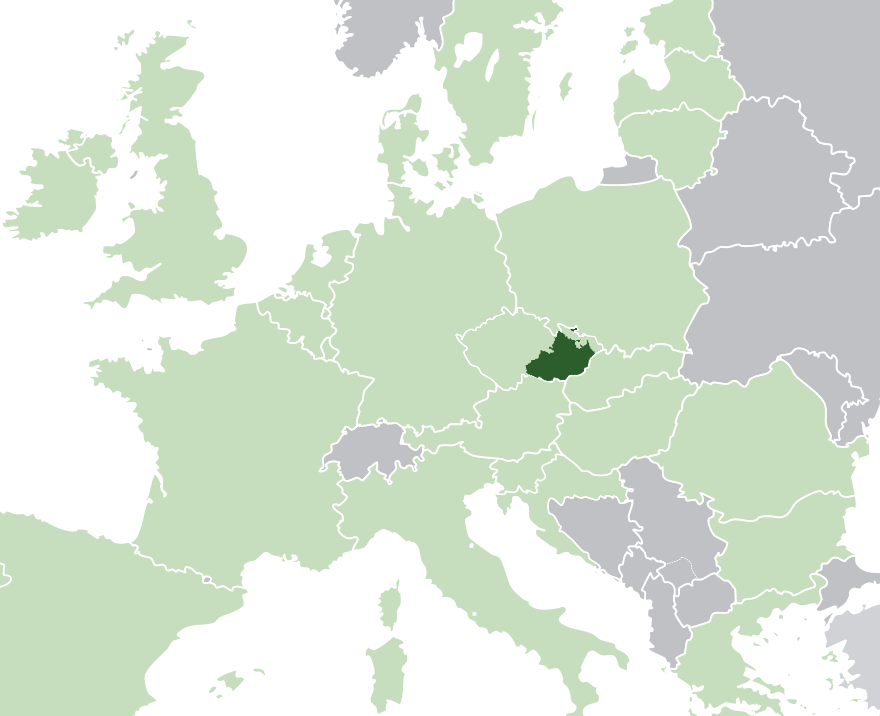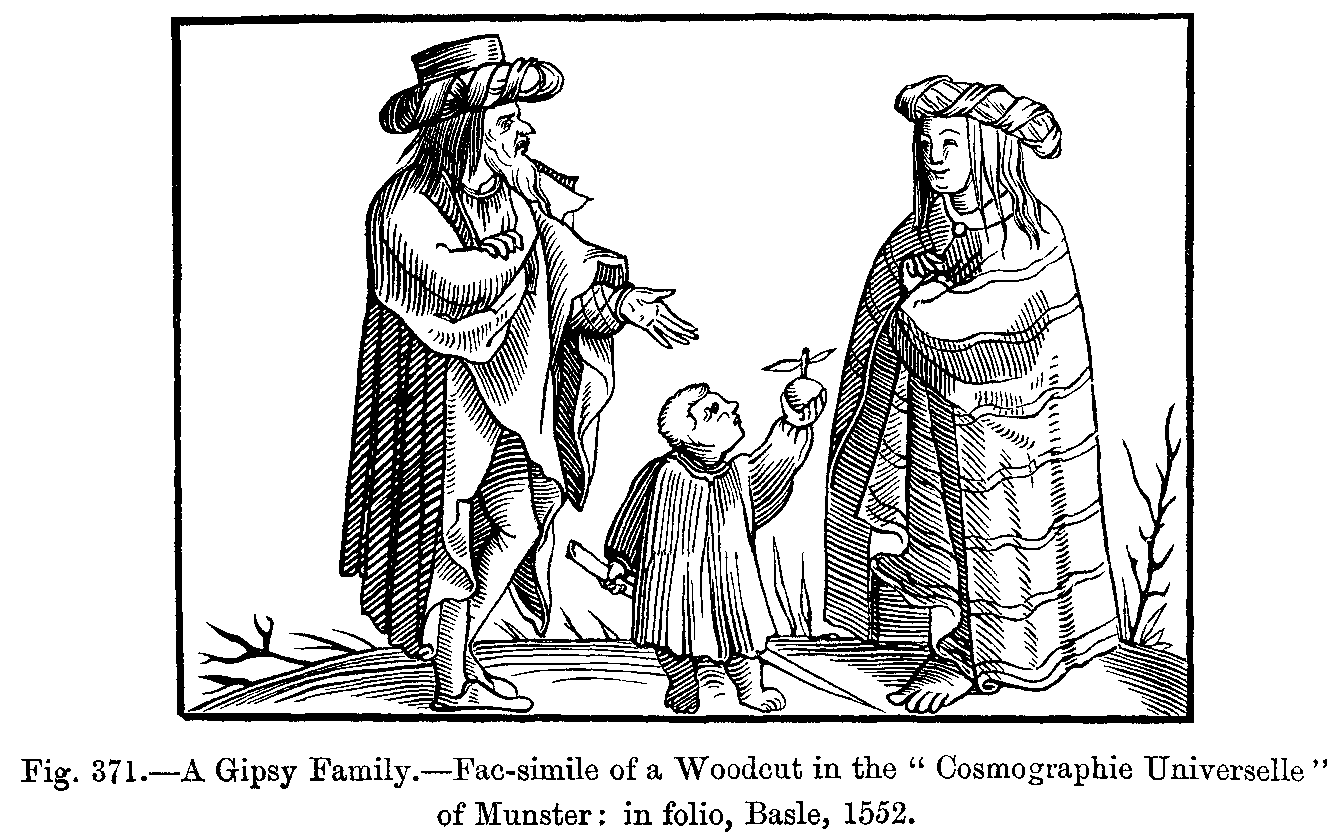|
Mamko Moja
Mamko Moja ("Ej mamko, mamko, mamënko moja" ("Oh mother, my mother")) is a Slovak Roma folk song. It is a traditional a wedding song about a girl who desperately wants to get married, which first appeared in male choruses on Moravian and Slovak folk poetry. It has been partly attributed to Leoš Janáček. The Megitza Małgorzata Babiarz, professionally known as Megitza, (born November 27, 1984 in Zakopane) is a Polish singer, double bass player, and composer. She combines Polish and Eastern European folk music, Romani music and gypsy jazz with world music, ... Quartet performed the song live on ABC7's "Chicagoing" with Bill Campbell in September 2009. The Roma folk group Goranie have also performed the song. Text References External links * * * * Slovak songs Romani culture Wedding songs Romani in Slovakia {{song-stub ... [...More Info...] [...Related Items...] OR: [Wikipedia] [Google] [Baidu] |
Romani People In Slovakia
According to the last census from 2021, there were 67,179 persons counted as Romani people in Slovakia, or 1,23% of the population. History Migration to Slovakia The first record of sightings of small groups of Romani within the area of present-day Slovakia are from 1322 AD, when the region was part of the Kingdom of Hungary. Major waves of Romani nomads were recorded from 1417 onwards. In 1423 they received a decree from the Hungarian king Sigismund of Luxemburg at Szepes Castle, granting them Europe-wide right of passage and the right to settle. They proved to be useful metal workers for the royal armies fighting the Turks. Through the ensuing centuries, whilst in western and central Europe Romani were treated violently and often expelled, the Hungarian Kingdom and Habsburg Monarchy in general provided a tolerant and stable safe-haven for the Romani community. In the 18th century, Joseph II of the house of Habsburg attempted to 'civilize' the Romani, for example by prohibit ... [...More Info...] [...Related Items...] OR: [Wikipedia] [Google] [Baidu] |
Romani Music
Romani music (often referred to as gypsy or gipsy music, which is sometimes considered a derogatory term) is the music of the Romani people who have their origins in northern India but today live mostly in Europe. Historically nomadic, though now largely settled, the Romani people have long acted as entertainers and tradesmen. In many of the places Romanies live they have become known as musicians. The wide distances travelled have introduced a multitude of influences of: Byzantine music, Byzantine, Music of Greece, Greek, Arabic music, Arabic, Music of India, Indian, Persian traditional music, Persian, Music of Turkey, Turkish, Slavic peoples, Slavic, Music of Romania, Romanian, Music of Germany, German, Music of the Netherlands, Dutch, Music of France, French, Music of Spain, Spanish, and even Jewish musical forms. It is difficult to define the parameters of a unified Romani musical style, as there are many differences in melodic, harmonic, rhythmic and formal structures from ... [...More Info...] [...Related Items...] OR: [Wikipedia] [Google] [Baidu] |
Moravian People
Moravians ( cs, Moravané or colloquially , outdated ) are a West Slavic ethnographic group from the Moravia region of the Czech Republic, who speak the Moravian dialects of Czech or Common Czech or a mixed form of both. Along with the Silesians of the Czech Republic, a part of the population to identify ethnically as Moravian has registered in Czech censuses since 1991. The figure has fluctuated and in the 2011 census, 6.01% of the Czech population declared Moravian as their ethnicity. Smaller pockets of people declaring Moravian ethnicity are also native to neighboring Slovakia. Etymology A certain ambiguity in Czech derives from the fact that it distinguishes between (Bohemia proper) and (Czech Republic as a whole), but the corresponding adjective and noun designating an inhabitant and/or a member of a nation can be related to either of them. The adjective and the noun ('Bohemian') carry only the meaning of a "socially unconventional person". History Moravian tribe ... [...More Info...] [...Related Items...] OR: [Wikipedia] [Google] [Baidu] |
Slovaks
The Slovaks ( sk, Slováci, singular: ''Slovák'', feminine: ''Slovenka'', plural: ''Slovenky'') are a West Slavic ethnic group and nation native to Slovakia who share a common ancestry, culture, history and speak Slovak. In Slovakia, 4.4 million are ethnic Slovaks of 5.4 million total population. There are Slovak minorities in many neighboring countries including Austria, Croatia, Czech Republic, Hungary, Poland, Romania, Serbia and Ukraine and sizeable populations of immigrants and their descendants in Australia, Canada, France, Germany, United Kingdom and the United States among others, which are collectively referred to as the Slovak diaspora. Name The name ''Slovak'' is derived from ''*Slověninъ'', plural ''*Slověně'', the old name of the Slavs (Proglas, around 863). The original stem has been preserved in all Slovak words except the masculine noun; the feminine noun is ''Slovenka'', the adjective is ''slovenský'', the language is ''slovenčina'' and the country ... [...More Info...] [...Related Items...] OR: [Wikipedia] [Google] [Baidu] |
Leoš Janáček
Leoš Janáček (, baptised Leo Eugen Janáček; 3 July 1854 – 12 August 1928) was a Czech composer, musical theorist, folklorist, publicist, and teacher. He was inspired by Moravian and other Slavic musics, including Eastern European folk music, to create an original, modern musical style.Sehnal and Vysloužil (2001), p. 175 Until 1895 he devoted himself mainly to folkloristic research. While his early musical output was influenced by contemporaries such as Antonín Dvořák, his later, mature works incorporate his earlier studies of national folk music in a modern, highly original synthesis, first evident in the opera ''Jenůfa'', which was premiered in 1904 in Brno. The success of ''Jenůfa'' (often called the "Moravian national opera") at Prague in 1916 gave Janáček access to the world's great opera stages. Janáček's later works are his most celebrated. They include operas such as ''Káťa Kabanová'' and ''The Cunning Little Vixen'', the Sinfonietta, the ''Glag ... [...More Info...] [...Related Items...] OR: [Wikipedia] [Google] [Baidu] |
Megitza
Małgorzata Babiarz, professionally known as Megitza, (born November 27, 1984 in Zakopane) is a Polish singer, double bass player, and composer. She combines Polish and Eastern European folk music, Romani music and gypsy jazz with world music, Latin music, pop, worldbeat, Americana and reggae. In 2001, Megitza emigrated to Chicago, where she appeared in charity concerts and events such as Great Orchestra of Christmas Charity and where she promoted Polish culture. She began her professional career in 2008, when she formed the ''Megitza Quartet'' and released her debut album, ''Boleritza''. She has since performed at the Milwaukee Avenue Arts Festival at the Jay Pritzker Pavilion, the 13th All Souls Jazz festival at the Chopin Theatre, the Chicago World Music Festival, and the Old Town School of Folk Music in Chicago. The ''Chicago Sun-Times'' has noted the quartet's "energetic" performances. According to the ''Chicago Tribune'' she and the group are primarily influenced by Ea ... [...More Info...] [...Related Items...] OR: [Wikipedia] [Google] [Baidu] |
YouTube
YouTube is a global online video platform, online video sharing and social media, social media platform headquartered in San Bruno, California. It was launched on February 14, 2005, by Steve Chen, Chad Hurley, and Jawed Karim. It is owned by Google, and is the List of most visited websites, second most visited website, after Google Search. YouTube has more than 2.5 billion monthly users who collectively watch more than one billion hours of videos each day. , videos were being uploaded at a rate of more than 500 hours of content per minute. In October 2006, YouTube was bought by Google for $1.65 billion. Google's ownership of YouTube expanded the site's business model, expanding from generating revenue from advertisements alone, to offering paid content such as movies and exclusive content produced by YouTube. It also offers YouTube Premium, a paid subscription option for watching content without ads. YouTube also approved creators to participate in Google's Google AdSens ... [...More Info...] [...Related Items...] OR: [Wikipedia] [Google] [Baidu] |
Slovak Songs
Slovak may refer to: * Something from, related to, or belonging to Slovakia (''Slovenská republika'') * Slovaks The Slovaks ( sk, Slováci, singular: ''Slovák'', feminine: ''Slovenka'', plural: ''Slovenky'') are a West Slavic ethnic group and nation native to Slovakia who share a common ancestry, culture, history and speak Slovak. In Slovakia, 4.4 mi ..., a Western Slavic ethnic group * Slovak language, an Indo-European language that belongs to the West Slavic languages * Slovak, Arkansas, United States See also * Slovák, a surname * Slovák, the official newspaper of the Slovak People's Party * {{disambiguation, geo Language and nationality disambiguation pages ... [...More Info...] [...Related Items...] OR: [Wikipedia] [Google] [Baidu] |
Romani Culture
The Romani people are a distinct ethnic and cultural group of peoples living all across the globe, who share a family of languages and sometimes a traditional nomadic mode of life. Though their exact origins are unclear, central India is a notable point of origin. Their language shares a common origin with, and is similar to, modern-day Gujarati and Rajasthani, borrowing loan words from other languages as they migrated from India. In Europe, even though their culture has been victimized by other cultures, they have still found a way to maintain their heritage and society. Romani culture is influenced by Indian culture and European culture. Origins Linguistic and phonological research has traced the Roma people's origin to places in the Indian subcontinent, specifically linking Proto-Romani groups to Central India. Many report in extracts from popular literature that Romani emerged from the North-west regions of India, rather than from Central India. Features of phonological ... [...More Info...] [...Related Items...] OR: [Wikipedia] [Google] [Baidu] |
Wedding Songs
A wedding song is a song sung as wedding music * Wedding music in general * A musical epithalamium (The) Wedding Song may refer to: Books * Wedding Song (novel), a novel by Naguib Mahfouz *''Wedding Song'', a 1994 romance novel by Vicki Lewis Thompson Film * ''The Wedding Song'' (1917 film), Hungarian film * ''The Wedding Song'' (1925 film), American film * ''The Wedding Song'' (2008 film), Franco-Tunisian film Music Classical * The Bridal Chorus, from Richard Wagner's opera ''Lohengrin'', used as wedding processional music * The "Wedding March", from Felix Mendelssohn's incidental works (Op. 61), used as wedding recessional music * Wedding Song, orchestral work by Elisabetta Brusa * Hochzeits-Lied (Wedding Song), by Kurt Weil from ''The Threepenny Opera'' Songs * " Wedding Song (There Is Love)", a song by Paul Stookey * "Wedding" (song), a 1966 single by Hep Stars * The Wedding (song) or "The Wedding Song", a song by Julie Rogers * "Wedding Song", a song by The Psychedeli ... [...More Info...] [...Related Items...] OR: [Wikipedia] [Google] [Baidu] |
_p235_-_THE_WANDERING_MUSICANS_IN_THE_WINE-GARDENS.jpg)




